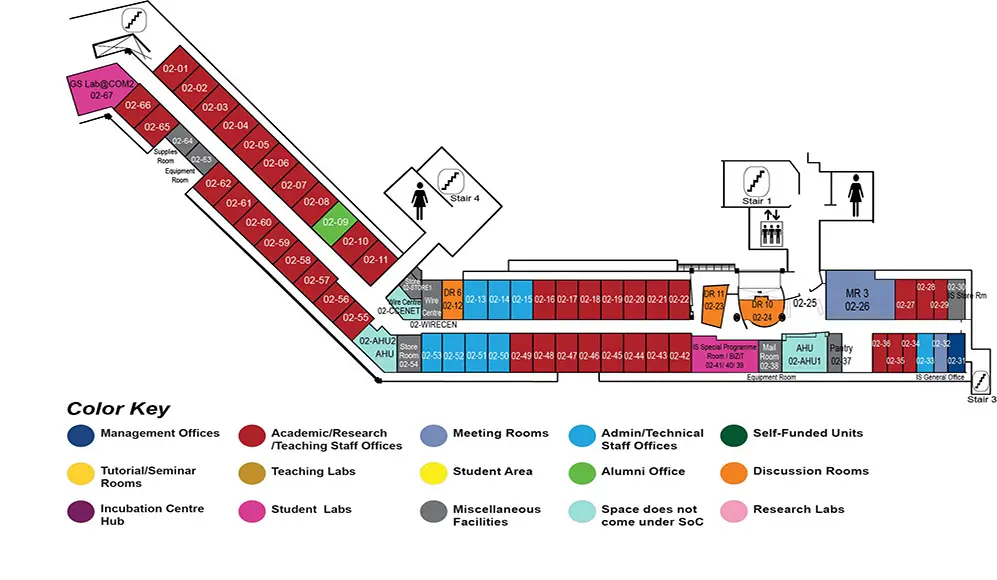Two Essays on Digital Transformation: Boundary Spanning and Followership Perspectives
COM2 Level 2
MR3, COM2-02-26

Abstract:
In times of digital transformation (DT), organizations struggle to deal with fragmented, localized, and ad-hoc decisions about digital implementations, which are often traced to siloed perspectives of the functional units. This thesis attempts to unveil how organizations can go about rallying their employees to foster cross-functional collaborations for common DT goals through a longitudinal case study, reported as two studies, based on an organization-wide DT initiative at a food and beverage manufacturing company in Southeast Asia.
This first study extends the research lens of boundary spanning from context embedded studies of dyads that are separated by location, hierarchy, or function to work together in specific projects to an organizational setting that involves several entities attempting to bridge boundaries across an organization. Particularly, we investigate an interplay among three entities, namely the DT unit, functional units, and the IT unit, when they are engaged in an organizational DT project. We do so by longitudinally studying the DT journey of a medium-sized food and beverage (F&B) company using case study methodology. The findings reveal a boundary work that the DT unit conducts to formalize and structure a protocol that enables a scale up of the DT, we deconstruct the work into boundary workaround, boundary bridging and boundary patrolling.
The second study leverages on followership perspective, as DT is a change process that necessitates leaders and followers to act collaboratively to effect changes in the affiliated organization. In other words, through followers, a DT leader rallies the departments to implement digital changes. The current literature has highlighted the importance of leaders in driving changes with the belief that they are supported by followers who implement the vision and ideas. To this end, this study adds to the literature through two focuses: the followers' acts and the interaction between a leader and the followers. We argue that while a leader orchestrates the overarching DT initiative, followers must use judgment and make independent decisions to resolve problems during implementation. Our empirical investigation is twofold. First, we conducted a longitudinal case study of a food and beverage (F&B) manufacturing company in Southeast Asia to theoretically derive a followership activation model. Next, we further push our findings based on the derived model by examining the interaction between leaders and followers, considering leadership and followership styles through the simulation method. Our overarching finding reveals that a dynamic leader-follower structure drives the DT process more effectively.
This thesis proposal concludes by summarizing the findings and discussing the implications of the two studies.
Keywords: followership, digital transformation, case study, boundary spanning, boundary object, boundary spanner, digital transformation, organizational silos

